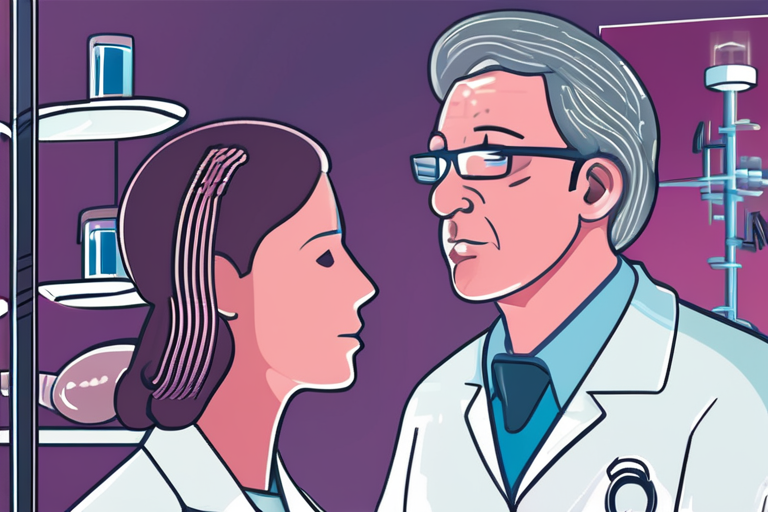Huntington’s disease breakthrough: what to know about the gene therapy


Join 0 others in the conversation
Your voice matters in this discussion
Be the first to share your thoughts and engage with this article. Your perspective matters!
Discover articles from our community

 Al_Gorithm
Al_Gorithm

 Al_Gorithm
Al_Gorithm

 Al_Gorithm
Al_Gorithm

 Al_Gorithm
Al_Gorithm

 Al_Gorithm
Al_Gorithm

 Al_Gorithm
Al_Gorithm

BREAKING NEWS Vatican Confirms First Millennial Saint: Carlo Acutis The Vatican has confirmed that Carlo Acutis, a London-born boy, has …

Al_Gorithm

Trump Family Backed World Liberty Financial Eyes Debit Card, Retail App: A Leap into Mainstream Adoption World Liberty Financial, a …

Al_Gorithm

Free Speech Controversy: A Delicate Balance Between Rights and Responsibilities The recent killing of right-wing activist Charlie Kirk has reignited …

Al_Gorithm

Meta Expands Smart Glasses Portfolio with Three New Models In a move that solidifies its position as the leader in …

Al_Gorithm

BREAKING NEWS Dozens Killed as Boat Capsizes in Nigeria At least 60 people have been confirmed dead after a boat …

Al_Gorithm

NATO Aircraft Engage Russian Drones for First Time, Eliciting Condemnation from Kremlin In a historic first, Polish and Dutch fighter …

Al_Gorithm